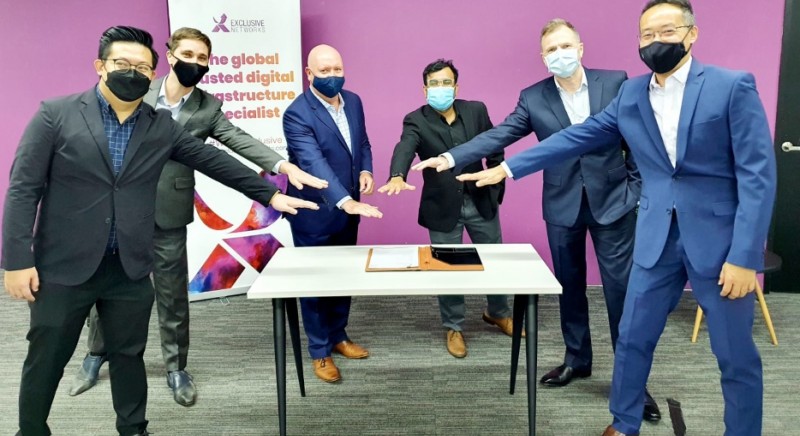Daily Markup 382: Transcelestial to bring superfast Internet to 10 markets Wellson Lo talks Bibit & its focus on financial education How Naluri is shaking up the healthcare industry
2021.11.24

500 Global Team

Making a connection
- Transcelestial, a 500-backed deep tech startup based in Singapore, has partnered with Exclusive Networks, a provider of cloud and cybersecurity services.
- Together, the two firms will offer Transcelestial’s solutions to Exclusive Networks’ customer base in 10 markets – Australia, New Zealand, Hong Kong, Macau, India, Indonesia, Malaysia, the Philippines, Thailand, and Vietnam.
- Transcelestial’s product CENTAURI uses a proprietary laser communication technology to create a distribution network between buildings, traditional cell towers, street-level poles, and other physical infrastructure – all without the need for wires.
- Rohit Jha, co-founder and CEO of Transcelestial said he hopes the partnership will bridge the connectivity divide to weeks, as compared to months or years.
- Read the full article in Tech in Asia. A subscription may be required.
Education is key
- “There is always a better way to do things. You can always improve. Rethink. Question. There is no holy grail,” says Wellson Lo, co-founder and CPO of 500-backed fintech platform Bibit.
- For startup founders, he advises them to stick to their strengths and what they do best. “Hire people smarter than you,” he says, adding that hiring and developing talent is one of the biggest issues faced by startups today.
- What’s next for Bibit? The startup just launched Stockbit Academy to help beginners learn about the stock and capital markets for free. Moving forward, it will focus on various educational initiatives to increase financial literacy among the general population.
- Read the full interview here.
A new picture of health
- Humans are at the height of leveraging digital technology to enhance our lives, and according to an interview with The Peak, 500-backed Naluri is tapping into that opportunity.
- Through its mobile app, the startup combines behavioral science and data science to offer health coaching and psychological support.
- Founded by Azran Osman-Rani and Dr. Jeremy Ting in 2017, they saw significant issues with the existing healthcare system, especially how mental health and physical health are often addressed separately.
- “We saw a need to build a new healthcare model where people can get connected to their team of multidisciplinary healthcare professionals…We use technology to make this care model efficient and cost-effective compared to having multiple one-on-one consultations over long time periods,” they both said.
- More in the full interview here.
Other related content



